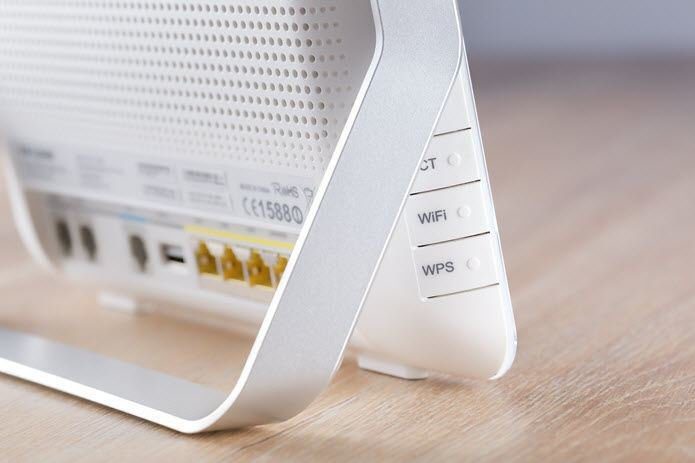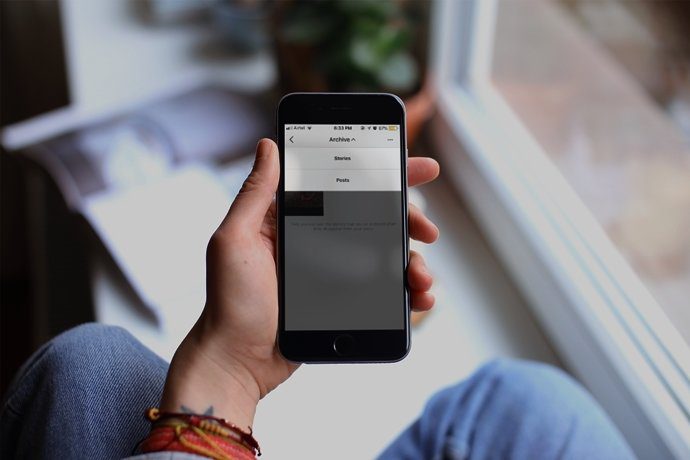There are numerous uses of VPN tech which bypass geographical restrictions on certain websites and content to staying anonymous on the internet. There are a significant number of VPN services that can be used free of cost, but they should be avoided as they cap the internet speed as well as provide only limited bandwidth per month. In case your free VPN service doesn’t restrict your browsing speed or bandwidth, they definitely are taking something from you — your browsing data, email address and other sensitive details. Grab an exclusive 70% off on a 3-year NordVPN plan when you sign up using this link. Even if you have subscribed to a premium VPN and are still facing issues with their connectivity, then we have three ways for you to boost your VPN’s speed.
Reduce the Encryption Level
VPNs use several different security protocols for encrypting the data when you’re browsing — both for the encrypting the outgoing data and decrypting the incoming data — which uses a lot of CPU strength. If your CPU isn’t powerful enough, then the encryption and decryption of data passing through will take time — immaterial of your internet connection speed. Reducing the encryption level is advisable only if you’re not using the VPN for security reasons — say for something like accessing geo-restricted content. If this is the case then you should consider lowering the encryption level.
Choose a Different Server Location
Connecting to a VPN routes your traffic in a different manner through different remote locations than it usually would have been — depending on your choice. Remember, changing server location only affects your latency which is applicable for stuff like playing an online game and doesn’t affect speeds while surfing the internet. There are no given criteria which will give you the optimum speed by changing locations, you just have to try several in order to judge which is best suited to your needs. But if you know where the location of the physical server is — like in the case of a game — it’s recommended that you choose a remote server location in proximity of the physical one.
Setup VPN on Your Device, Not Router
VPN users can either set up the service on their router or each of the individual devices that they need the VPN for — desktop, tablet, smartphone. It is recommended to setup the VPN on your device rather than a router is due to the CPU strength issue mentioned above under the encryption level — routers don’t have enough computational power to engage several connected devices at once. Since a router is used by several devices at once, there’ll be a lot of encrypting and decrypting of data — which is likely to bottleneck your internet speed.
Use a Wired Connection
This doesn’t require as much explaining as it’s a known fact that wireless connection is shared across several devices on the same channel. A wired connection provides direct connectivity to your device, reducing the latency from shared connection.
Try Changing Your VPN Internet Protocol Setting
Tinkering with the VPN’s internet protocol settings might also yield some results. There are two internet protocols that are widely used by VPNs — UDP and TCP — the former being the faster one. There isn’t much of a difference between both the protocols except that the former is faster but at times might fail to return results and the latter is slower but guarantees results. UDP might give you speed but doesn’t ensure a stable connection — needed for streaming videos — which the latter does. You need to check them out to see which one works best for your needs. Restarting your router or devices is another quick trick to increase your VPN speed as is turning off your device’s firewall and antivirus. But the latter one isn’t recommended at all while using a VPN as you’re still prone to malicious attacks. The above article may contain affiliate links which help support Guiding Tech. However, it does not affect our editorial integrity. The content remains unbiased and authentic.












